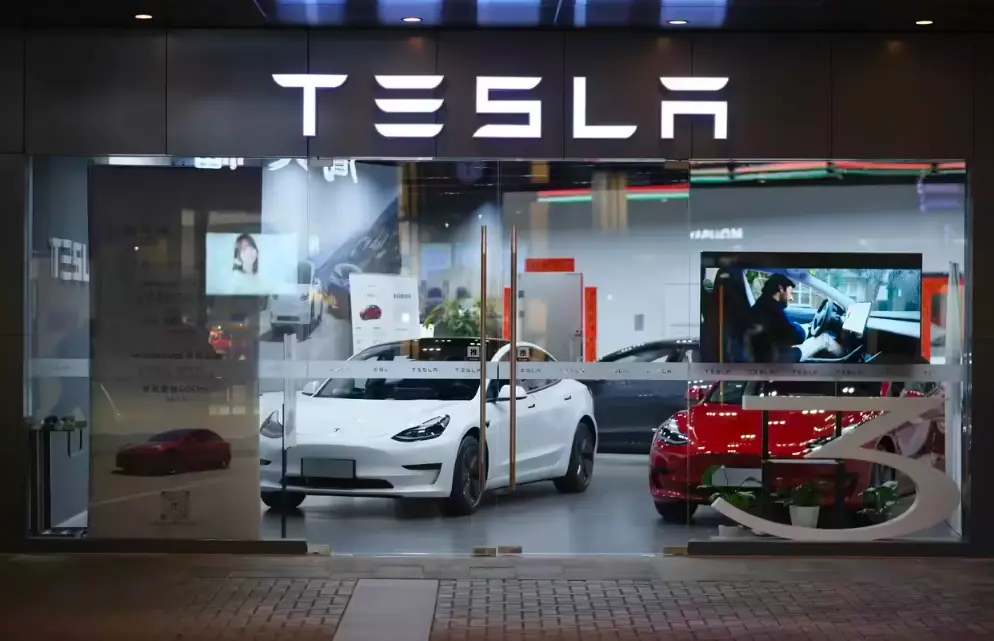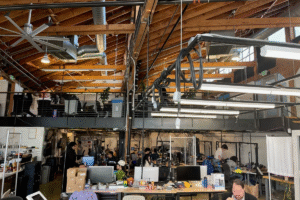
Tesla Dojo Shutdown Marks Major Shift in AI Strategy
Tesla Dojo Shutdown: Strategic Pivot to External AI Partnerships
The Tesla Dojo shutdown signals a dramatic change in the company’s AI strategy. Tesla is disbanding the team behind its in-house AI training supercomputer. This ends years of development on proprietary chips aimed at achieving full self-driving capabilities.
Dojo’s lead, Peter Bannon, is leaving the company. The remaining team members will shift to other Tesla compute projects. The decision comes after the exit of around 20 former Dojo engineers. These employees left to launch DensityAI, a startup building chips and software for AI data centers. The company will target robotics, AI agents, and automotive applications. DensityAI’s founding team includes former Dojo head Ganesh Venkataramanan and ex-Tesla employees Bill Chang and Ben Floering.
Impact on Tesla’s AI and Robotaxi Ambitions
CEO Elon Musk has positioned Tesla as an AI and robotics company for years. However, scaling its robotaxi program has proven difficult. In June 2025, Tesla launched a limited service in Austin. Model Y vehicles operated with human passengers in the front seat. Several incidents of problematic driving behavior were reported during the trial.
Previously, Musk described Dojo as central to Tesla’s AI roadmap. He said it could process “truly vast amounts of video data” to speed up self-driving progress. In 2023, Morgan Stanley estimated Dojo could add $500 billion to Tesla’s market value. This growth would come from robotaxi and software service revenue. Yet, after August 2024, Musk began promoting Cortex, a new AI training supercluster in Austin.
From Proprietary Chips to Strategic Partnerships
The Tesla Dojo shutdown ends an ambitious hardware project that began with Tesla’s D1 chip in 2021. This chip worked alongside Nvidia GPUs. Tesla also planned a D2 version to remove data processing bottlenecks. With Dojo closing, Tesla will rely more on external partners such as Nvidia, AMD, and Samsung.
In July 2025, Tesla signed a $16.5 billion agreement with Samsung. The deal covers manufacturing of AI6 inference chips. These chips will power full self-driving, Tesla’s Optimus humanoid robots, and AI training systems in data centers. Musk has suggested merging Dojo’s goals with the AI6 platform. As a result, Tesla could streamline its AI hardware architecture.
Leadership, Incentives, and Future Direction
Tesla’s board has offered Musk a $29 billion pay package. This aims to keep his focus on advancing the company’s AI initiatives. Concerns remain about Musk’s time spent on other ventures, including his AI startup, xAI.
While the Dojo closure is a major shift, the move toward external chip partnerships suggests a more collaborative AI strategy. The question now is how this pivot will impact Tesla’s ambitions in robotics and autonomy.
What does the Tesla Dojo shutdown reveal about the balance between proprietary innovation and strategic partnerships in AI development?
Explore Business Solutions from Uttkrist and our Partners’, Pipedrive CRM [2X the usual trial with no CC and no commitments] and more uttkrist.com/explore


